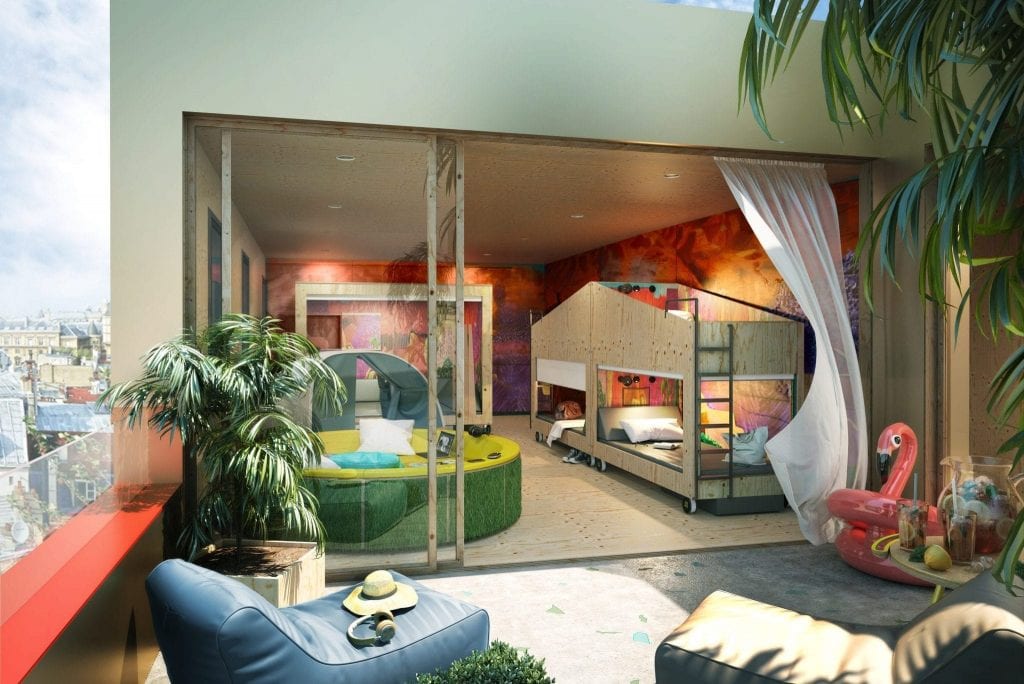The Big-Money Reinvention of the Humble Hostel: A Skift Deep Dive

Skift Take
It took AccorHotels only 18 months to bring its hostel-like concept Jo&Joe to life.
The hospitality giant had been watching the sector, studying where it might be able to make its mark before it hit on, what it thought, was the right approach.
"The market has changed and for us it was a time just to see that this kind of market is going more and more professional with bigger brands, with real concepts and we decided to get into it," François Leclerc, vice president of brand and operations at Jo&Joe, told Skift.
The likes of Accor and now Hilton, think the hostel market is ripe for disruption. These are not scrappy upstarts but rather the established hotel companies looking to use their scale to pick up a different type of consumer.
Hostels certainly aren't a new invention; they have been around for more than a century but up until fairly recently they weren’t part of the wider hospitality conversation. Sure, as a business model in hospitality they've been evolving in their own way.
Way back when, It was those people passionate about traveling who decided to lease their own building, sort out a supply of bunks, and throw open their doors. It wasn’t necessarily about making a truck load of cash, but more about bringing people together.
Big hoteliers and investors hadn’t taken much notice, favoring other areas such as vacation rentals.
All that has started to change. Private equity has gotten interested and established hotel companies are now adding hostels or hostel-like offerings to their portfolios. But will this corporatization alienate the regular hostel customer base? And if it does, how hard of a sell will it be to convince hotel customers to try out a hostel?
Zooming out and looking at the hostel market as a whole, it’s easy to see why the money is starting to flow in. Most properties are unbranded and the small chains that have popped up in Europe, Asia, and North America are still small scale. Then there’s the hostel model itself with its multi-bed dorms and flexible layouts, making it extremely cost effective. And finally, the people using hostels, the under 35s are spending more money doing things, including traveling.
Package all these factors together and it’s easy to see why hostels are changing. Private rooms are much more common than they once were and some of the properties are starting to mirror the design-led approac
